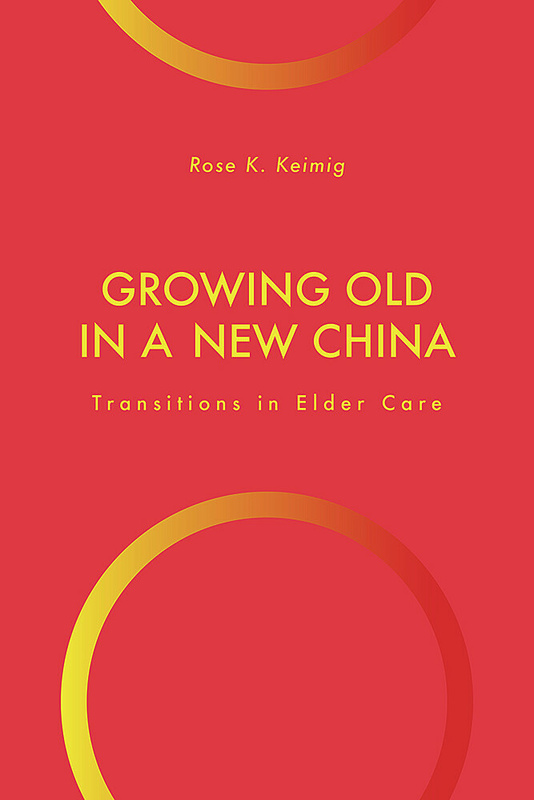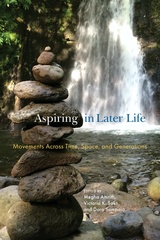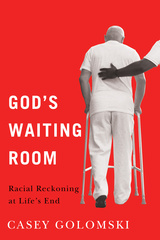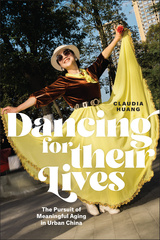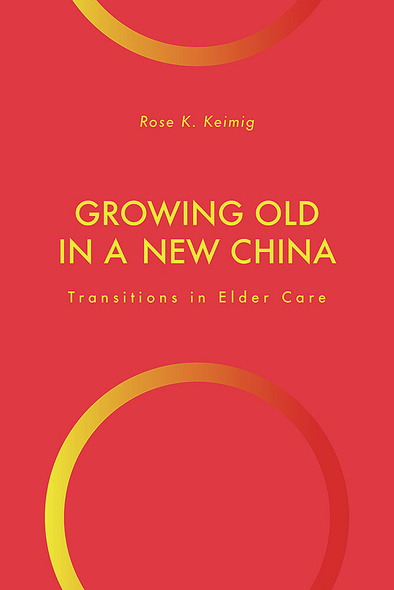
208 pages, 5 1/2 x 8 1/2
Paperback
Release Date:12 Feb 2021
ISBN:9781978813915
Hardcover
Release Date:12 Feb 2021
ISBN:9781978813922
Growing Old in a New China
Transitions in Elder Care
SERIES:
Global Perspectives on Aging
Rutgers University Press
Growing Old in a New China: Transitions in Elder Care is an accessible exploration of changing care arrangements in China. Combining anthropological theory, ethnographic vignettes, and cultural and social history, it sheds light on the growing movement from home-based to institutional elder care in urban China. The book examines how tensions between old and new ideas, desires, and social structures are reshaping the experience of caring and being cared for. Weaving together discussions of family ethics, care work, bioethics, aging, and quality of life, this book puts older adults at the center of the story. It explores changing relationships between elders and themselves, their family members, caregivers, society, and the state, and the attempts made within and across these relational webs to find balance and harmony. The book invites readers to ponder the deep implications of how and why we care and the ways end-of-life care arrangements complicate both living and dying for many elders.
Rose Keimig's Growing Old in a New China is the first real ethnography of institutionalized eldercare in China, and also a fine description of old age and of eldercare between family members in China today. A first-rate account—seamlessly integrates traditional and contemporary indigenous ideas with broader theories of care. Impressive!'
This ground-breaking ethnography takes readers on a journey into China’s new elder care homes, focusing on the lives of those who live and work there. Richly detailed, beautifully written, and theoretically inspired, this book is a must-read for scholars of Asia, medical anthropology, aging and care.
Rose Keimig's Growing Old in a New China is the first real ethnography of institutionalized eldercare in China, and also a fine description of old age and of eldercare between family members in China today. A first-rate account—seamlessly integrates traditional and contemporary indigenous ideas with broader theories of care. Impressive!'
This ground-breaking ethnography takes readers on a journey into China’s new elder care homes, focusing on the lives of those who live and work there. Richly detailed, beautifully written, and theoretically inspired, this book is a must-read for scholars of Asia, medical anthropology, aging and care.
ROSE KEIMIG is a medical anthropologist who is interested in the ways humans experience change across the life course. She works as a UX Researcher.
Introduction
1: Filial Children, Benevolent Parents
2: Bodies in History, Embodied Histories
3: Place & Space, Rhythm & Routine
4: Entanglements of Care
5: Care Work
6: Chronic Living, Delayed Death
Conclusion
Acknowledgments
Glossary
Bibliography
1: Filial Children, Benevolent Parents
2: Bodies in History, Embodied Histories
3: Place & Space, Rhythm & Routine
4: Entanglements of Care
5: Care Work
6: Chronic Living, Delayed Death
Conclusion
Acknowledgments
Glossary
Bibliography

